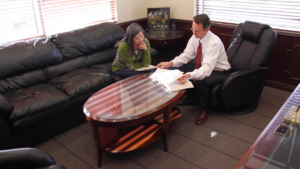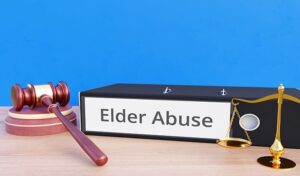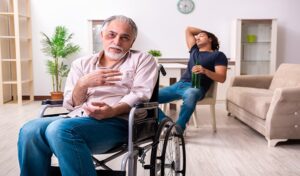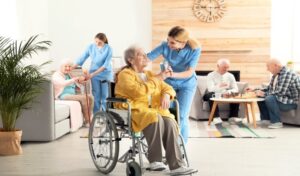Firework Safety For Fourth of July 2025
With the Fourth of July upon us, it is important for everyone to prioritize firework safety. According to the United States Consumer Product Safety Commission stated that, “In 2024, there
With the Fourth of July upon us, it is important for everyone to prioritize firework safety. According to the United States Consumer Product Safety Commission stated that, “In 2024, there
Everyone would all love to save money on our insurance, and insurance companies often do try to create incentives for good drivers. In recent years, many insurance companies have introduced

Technology is continuously advancing and moving forward, and this helps us progress in all aspects. As AI continues to improve, companies can learn how to use it to their advantage.

Buying a new car can be a stressful experience, for both experienced and first time buyers. Not only can it be a big expense, but it is a commitment as

Photo Credit: UtahCity.com Deep in the heart of Vineyard, there has been a large open dirt field. What used to be the U.S. Steel Geneva Works is now being converted

After you have been in an accident or been injured, you will want to set up an appointment with an attorney. If you have not been to a consultation with

Discovering that your loved one has been mistreated is devastating, but understanding how to report elder abuse can help secure their safety. Unfortunately, elders are not always able to speak

Financial abuse is a fast-growing form of exploitation in residents of nursing homes that can have devastating effects. This type of abuse can be just as damaging as physical or

Though sometimes difficult to identify, emotional abuse in nursing homes is the most common type of elder abuse. Aside from emotional maltreatment, elderly abuse can happen in many different forms

Nursing home neglect is when patients do not receive adequate mental and physical care. Even though it may not be intentional, it is still dangerous. The health risks can be

Selecting a nursing home for yourself or a loved one can be difficult, and it’s a stressful decision that you should make with care. Many people wonder what they should

Knowing the signs of nursing home abuse can save your loved ones from trauma in the future. Sadly, many of these cases go unreported. As older people become more fragile, they’re
UTAH INJURY LAWYERS
Flickinger • Boulton
• Robson • Weeks
PROVO OFFICE
3000 N University Ave
Suite 300
Provo, UT 84604
SOUTH JORDAN OFFICE
10393 S. Temple Dr.
Suite 103
South Jordan, Utah 84095
OFFICE HOURS
Monday- Friday: 8AM-5PM
Saturday-Sunday: Closed
*Disclaimer: the information provided by this website is for informational purposes only and should not be considered legal advice or a substitute for competent legal counsel.
**SMS consent and contact phone numbers will not be shared or sold to third parties or their affiliates for any purpose.
© 2025 All Rights Reserved.